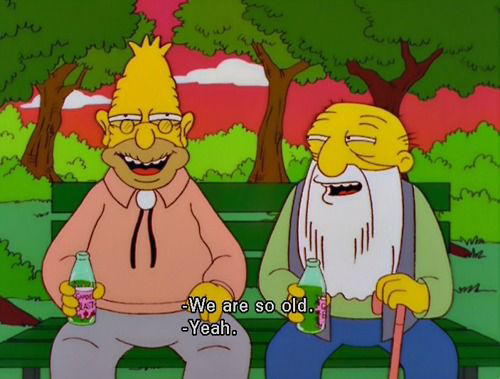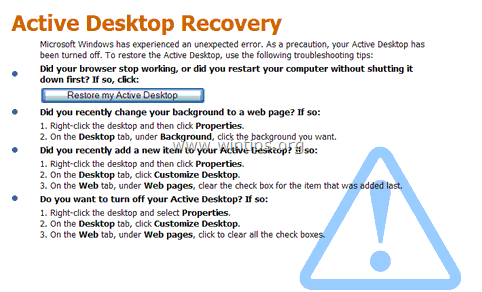Perhaps you've seen the official take title \n (https://www.gijsk.com/blog/2018/10/firefox-removes-core-product-support-for-rss-atom-feeds/)
"These features have long had outsized maintenance and security costs relative to their usage", which amounted to 0.01 percent of sessions.
Which could be innacurate since most power users disable telemetry.
Anyway, for some reason, most mainstream browsers avoid supporting Feeds, and I think it's a matter of advertising and trends. We could use a plugin/extension tho.
Perhaps you've seen the official take title [Firefox removes core product support for RSS/Atom feeds | Use Tables!] (https://www.gijsk.com/blog/2018/10/firefox-removes-core-product-support-for-rss-atom-feeds/)
"These features have long had outsized maintenance and security costs relative to their usage", which amounted to 0.01 percent of sessions.
Which could be innacurate since most power users disable telemetry.
Anyway, for some reason, most mainstream browsers avoid supporting Feeds, and I think it's a matter of advertising and trends. We could use a plugin/extension tho.
Perhaps that's a bad habit remaining from social media usage. Changing how I consume/get periodic content. Makes me think 🤔
It would have been nice if they hadn’t removed the indicator icon as well. You know, that little icon in the address bar that informs users when a web site offers a feed. Via that icon, users could discover the mere fact that feeds even exist.
It would have been nice if they hadn’t removed the indicator icon as well. You know, that little icon in the address bar that informs users when a web site offers a feed. Via that icon, users could discover the mere fact that feeds even exist.
It would have been nice if they hadn’t removed the indicator icon as well. You know, that little icon in the address bar that informs users when a web site offers a feed. Via that icon, users could discover the mere fact that feeds even exist.
It would have been nice if they hadn’t removed the indicator icon as well. You know, that little icon in the address bar that informs users when a web site offers a feed. Via that icon, users could discover the mere fact that feeds even exist.
Again, it's like they don't want the common user to know that exists, perhaps for not promoting browsing the web but an alternative way to consume content (hiding most ads in the process)
And then Firefox includes Pocket, which is the first thing I disable 🙃
I'm thinking if by 2022 that has changed significantly (at least it's not RSS anymore, but Atom and other hipster formats, I'm talking about Feeds as a concept)
> when browser vendors push RSS so far to the sidelines, companies will respond by replacing RSS with Twitter and Facebook accounts.
That’s pretty much what happened eventually, isn’t it?
The blog post outlines a nice vision of how feeds could have been handled (show them on the browser’s start page and such). That would have been super userful for ordinary users. (Almost reminds me a bit of Microsoft’s “Active Desktop” back in the day. 😅 What did that use under the hood? Probably not RSS, that wasn’t around yet, I think?)
> when browser vendors push RSS so far to the sidelines, companies will respond by replacing RSS with Twitter and Facebook accounts.
That’s pretty much what happened eventually, isn’t it?
The blog post outlines a nice vision of how feeds could have been handled (show them on the browser’s start page and such). That would have been super userful for ordinary users. (Almost reminds me a bit of Microsoft’s “Active Desktop” back in the day. 😅 What did that use under the hood? Probably not RSS, that wasn’t around yet, I think?)
> when browser vendors push RSS so far to the sidelines, companies will respond by replacing RSS with Twitter and Facebook accounts.
That’s pretty much what happened eventually, isn’t it?
The blog post outlines a nice vision of how feeds could have been handled (show them on the browser’s start page and such). That would have been super userful for ordinary users. (Almost reminds me a bit of Microsoft’s “Active Desktop” back in the day. 😅 What did that use under the hood? Probably not RSS, that wasn’t around yet, I think?)
> when browser vendors push RSS so far to the sidelines, companies will respond by replacing RSS with Twitter and Facebook accounts.
That’s pretty much what happened eventually, isn’t it?
The blog post outlines a nice vision of how feeds could have been handled (show them on the browser’s start page and such). That would have been super userful for ordinary users. (Almost reminds me a bit of Microsoft’s “Active Desktop” back in the day. 😅 What did that use under the hood? Probably not RSS, that wasn’t around yet, I think?)

More in the model "I'll check them when I want, not when you are pushing it to me"
But that's another discussion.

Instead of a static image, show a Dynamic Web page refreshed every X minutes. Good memories of the old .com web portals of that age